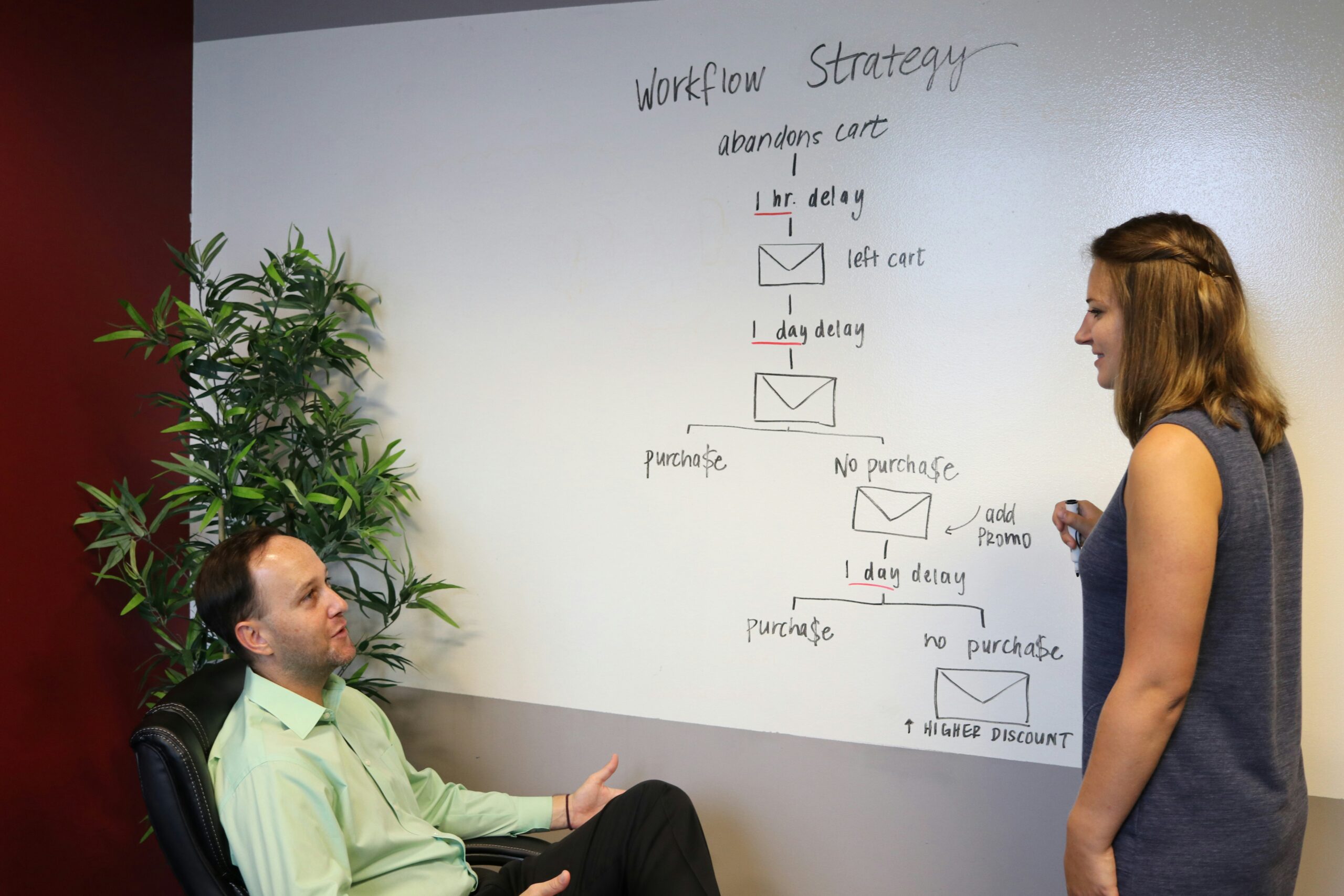Gen Y is positioned in the next 20 years to be the new leaders of companies around the world. Some Gen Y entrepreneurs are leading their own companies even at a young age. Statistics on workplace satisfaction indicate that Gen Y employees do not want to be managed in the traditional sense, and they desire companies that have a focus on giving back to the community. With the influx of Gen Y entering the workforce, management must address these major characteristics. Above all, organizational executives and supervisors must modify their management style to a leadership style.
What’s the difference? Well not all managers are leaders! Managers have a transactional style work. They figure out what needs to be done to accomplish a task and tell the employees to do it. Many, times with little to no feedback from employees carrying out the task. This presents a problem because employees do not buy-in to their assignments. Surprisingly, they are taken-aback when their employee asks the question, “Why?” More likely than not, the answer is, “Because I said so!”–still without a plausible explanation. Many times, they do not feel they are utilizing their skills appropriately. Gen Y does not want to work for you, but with you to progress the organization.
This generation is posed to be the most educated of all generations. With the rise in knowledge workers, leaders view them as an asset and maximize the skill set of their employees for the benefit of the organization. They constantly receive their employees’ input on the methods necessary to accomplish the vision. There is a higher likelihood of employee buy-in and taking ownership of their portion of their tasks.
These are just a few basics differences between management and leadership. I have included a table below on other characteristics and differences of each. Take a look at it and see what you need to modify to become a leader!
| Subject | Leader | Manager |
| Essence | Change | Stability |
| Focus | Leading people | Managing work |
| Have | Followers | Subordinates |
| Horizon | Long-term | Short-term |
| Seeks | Vision | Objectives |
| Approach | Sets direction | Plans detail |
| Decision | Facilitates | Makes |
| Power | Personal charisma | Formal authority |
| Appeal to | Heart | Head |
| Energy | Passion | Control |
| Culture | Shapes | Enacts |
| Dynamic | Proactive | Reactive |
| Persuasion | Sell | Tell |
| Style | Transformational | Transactional |
| Exchange | Excitement for work | Money for work |
| Likes | Striving | Action |
| Wants | Achievement | Results |
| Risk | Takes | Minimizes |
| Rules | Breaks | Makes |
| Conflict | Uses | Avoids |
| Direction | New roads | Existing roads |
| Truth | Seeks | Establishes |
| Concern | What is right | Being right |
| Credit | Gives | Takes |
| Blame | Takes | Blames |
Table Courtesy of ChangingMinds.Org
There is a consensus among the older generation in the view that Gen Y act like they know it all, and they don’t have the years of experience to succeed. To counter that erroneous belief, consider this. With the high accessibility of information, it does not take years to know how to successfully accomplish tasks. Information is readily available for modeling, and with the increase in online social collaboration, questions can be answered. While, Gen Y does not have 20 years of experience, what is important is the ability to use the knowledge and collaborate effectively to determine the best methods. The development of new knowledge is what takes years, so do not underestimate the knowledge that Gen Y employees do posses. What do you think?









